The agreement was signed by Mr. Ngo Trong Hieu, Vice President of EVP Group, General Director of CMC Telecom and Colonel Vu Ngoc Khuong, Deputy Commander, Chief of Staff of the TTLL Corps, representing both sides.
According to the agreement, cooperation is structured on three pillars: Training and developing human resources according to the digital competency framework linked to international standards and military mission requirements; Scientific research - technology transfer with key topics such as AI-IoT, cloud, cyber security; Cooperation, developing telecommunications infrastructure, inheriting the results of previous documents and expanding in appropriate categories. The approach agreed by both sides is a closed "learning - doing - testing", shortening the distance from classroom to computer room, from experimental model to actual operation.

Unlike the cooperation model that only stops at principles, this agreement clearly stipulates a joint working group and quarterly counting. Each component has output indicators: Number of classes/year, technical - safety - security criteria, trial operation milestones, performance indicators (output standard achievement rate, number of drills, etc.). The two sides also agreed on a 100-day program after the signing ceremony to finalize the 2026 training framework, complete the design of the Digital Lab/Cyber Range (training lab) and review the list of cooperative telecommunications infrastructure. The common philosophy: "do real - measure real - report real".
Speaking at the conference, Colonel Vu Ngoc Khuong said that the results of the cooperation in the past time created a good foundation but "not commensurate with the potential, strengths and needs" of both sides in the context of building a modern Army. He proposed to immediately implement a number of priority directions: Coordinate the organization of specialized training courses, send business experts to teach, establish a joint research group on AI and network safety and security; at the same time, build and operate the Digital Lab according to strict security criteria, ensuring that every step is "measurable and scrutinized through common standards". The emphasized spirit is discipline in organization and implementation, so that every commitment becomes a concrete result.
Representing CMC at the signing ceremony, Mr. Ngo Trong Hieu acknowledged that the cooperation between the two sides over the years has formed a foundation of trust and coordination capacity in the field. The new agreement "transfers the relationship to a controlled operation mode", focusing on three key areas: human resources, R&D (research and development) and infrastructure. "CMC will bring all its capabilities in Cloud, artificial intelligence (AI), information security, and Data Center into the program; while maintaining discipline - accuracy - speed to ensure progress and technical standards," Mr. Hieu shared.

Acknowledging the views of the two sides’ representatives, CMC Chairman Nguyen Trung Chinh emphasized the long-term commitment and effectiveness of cooperation. The military environment with strict discipline is a unique “workplace laboratory” for technology enterprises operating to international standards. “CMC commits to long-term companionship, prioritizing safety – security – efficiency, and doing things thoroughly. This agreement not only opens up technical cooperation but also shapes the implementation style for highly reliable projects,” he said, affirming that periodic measurement is a mandatory requirement in all components.
Not only is it the venue for the signing event, the Information Officer School plays a key role in the training and R&D ecosystem of the Corps, as a “bridge” between academia and practice. The model of linking the Corps – school – business creates a “closed cycle” from learning – doing – testing, improving the quality of training and helping technological solutions closely follow mission requirements.
The cooperation between the two sides focuses on the human factor with two-way rotation and internship mechanisms, transferring practical project experience, and standardizing working style and discipline. The ultimate goal is to form a “bilingual” workforce: solid expertise – standard discipline, meeting high requirements for safety, security and efficiency on a large scale.
Source: https://baotintuc.vn/xa-hoi/binh-chung-thong-tin-lien-lac-hop-tac-day-manh-dao-tao-nghien-cuu-khoa-hoc-ha-tang-so-20251110224704994.htm



![[Photo] Prime Minister Pham Minh Chinh chairs a meeting on housing policy and the real estate market.](https://vphoto.vietnam.vn/thumb/1200x675/vietnam/resource/IMAGE/2025/11/11/1762838719858_dsc-2107-jpg.webp)


![[Photo] Chu Noodles - the essence of rice and sunshine](https://vphoto.vietnam.vn/thumb/1200x675/vietnam/resource/IMAGE/2025/11/11/1762846220477_ndo_tl_7-jpg.webp)



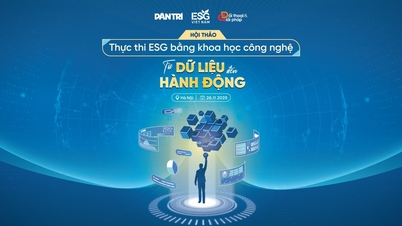










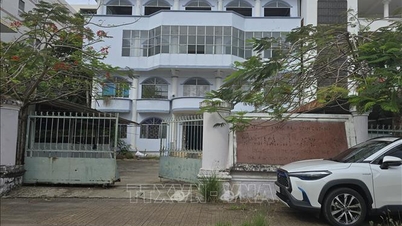
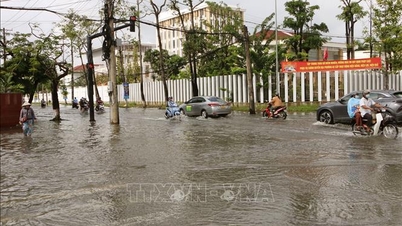

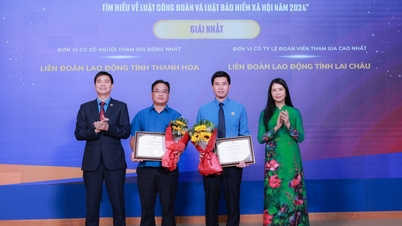
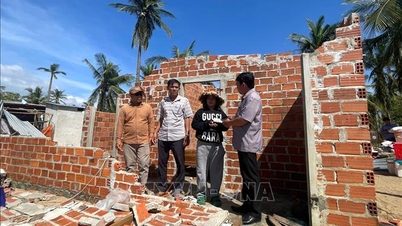





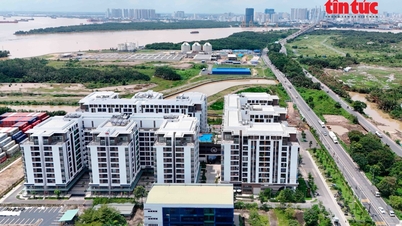






































































![Dong Nai OCOP transformation: [Article 4] Reaching national standard products](https://vphoto.vietnam.vn/thumb/402x226/vietnam/resource/IMAGE/2025/11/11/1762825820379_4702-cac-san-pham-trai-cay-chung-nhan-ocop-nongnghiep-174649.jpeg)


![Dong Nai OCOP transition: [Article 3] Linking tourism with OCOP product consumption](https://vphoto.vietnam.vn/thumb/402x226/vietnam/resource/IMAGE/2025/11/10/1762739199309_1324-2740-7_n-162543_981.jpeg)


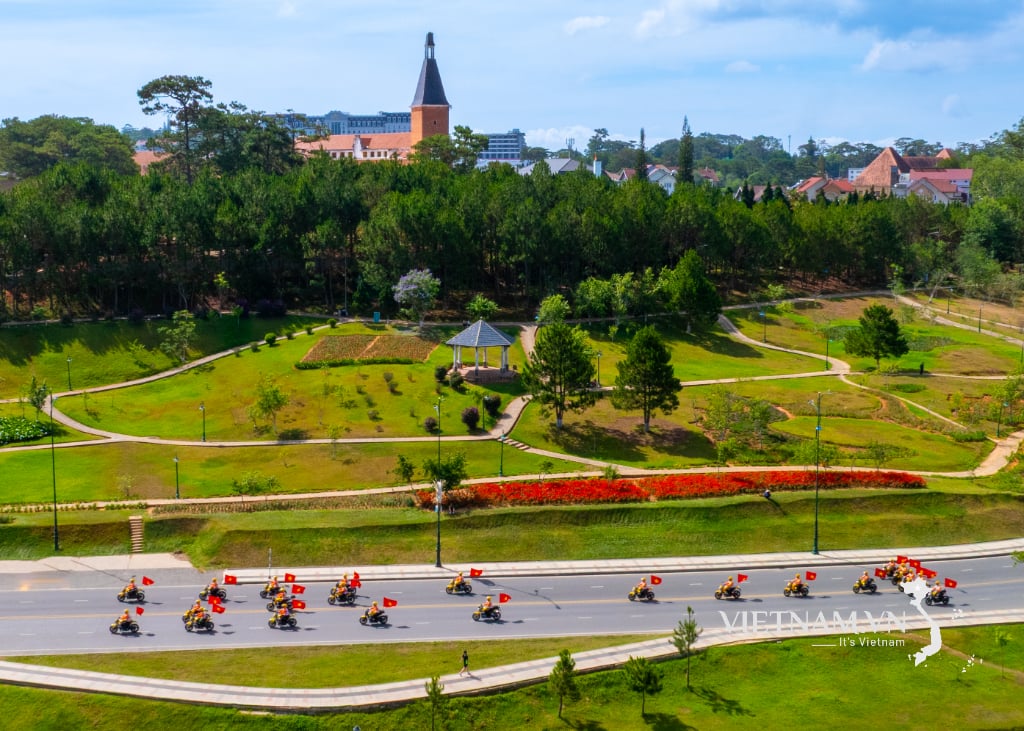



Comment (0)